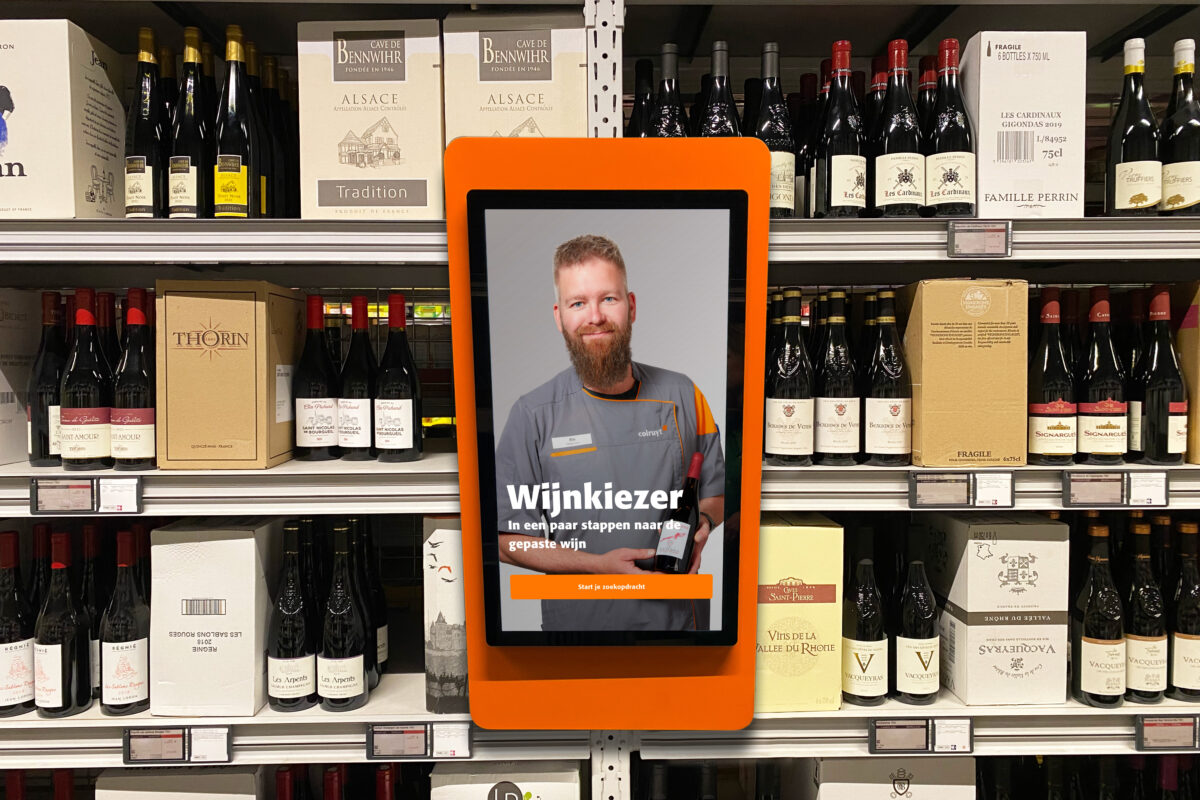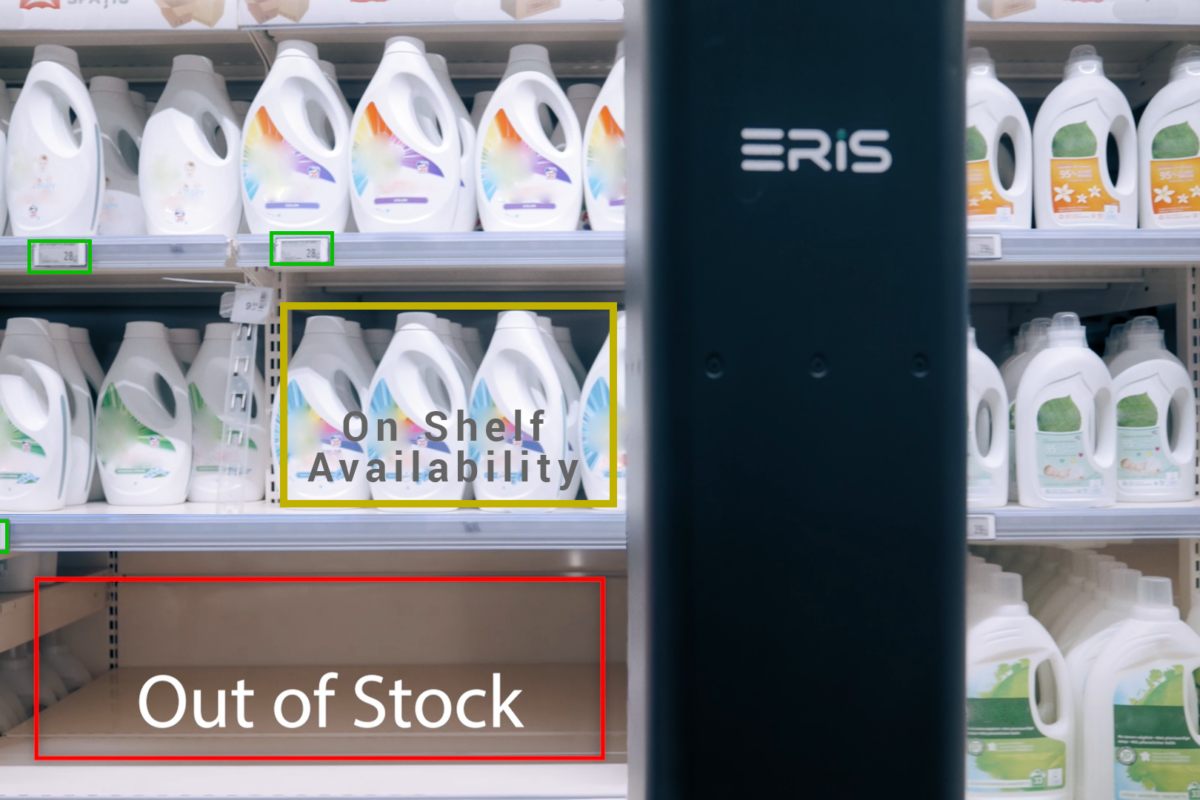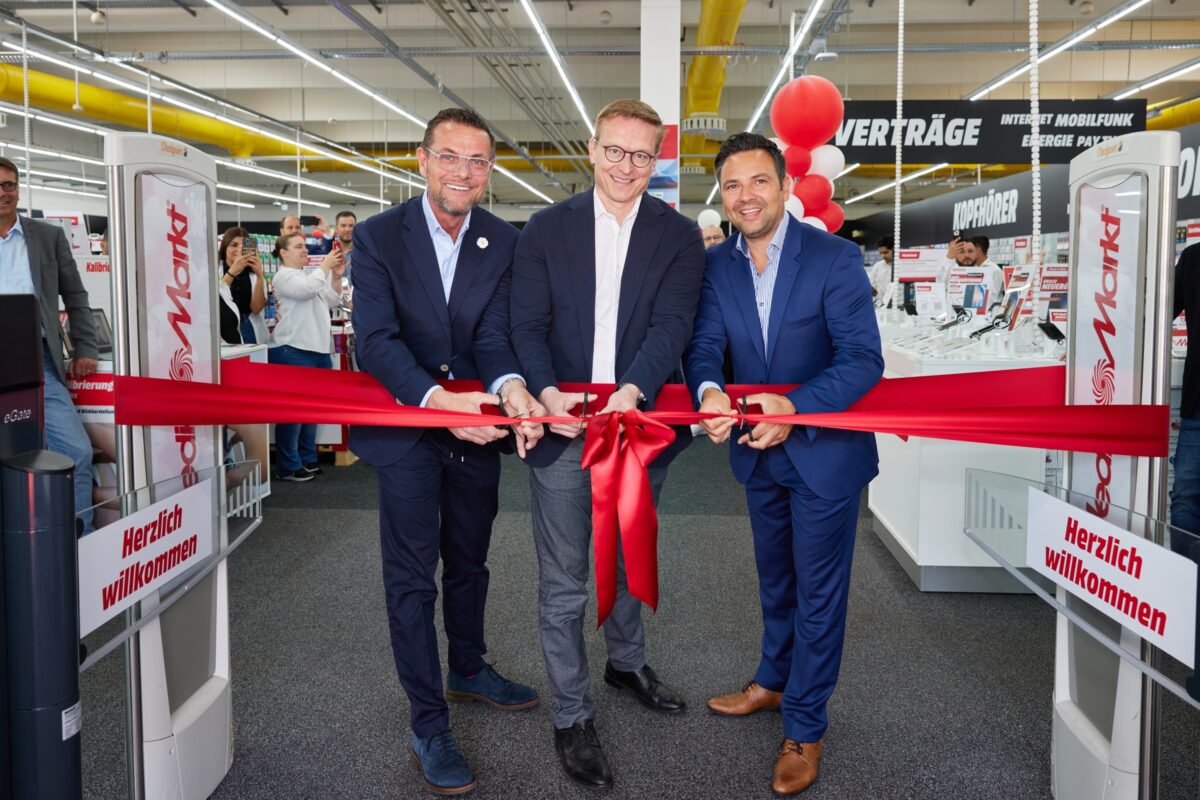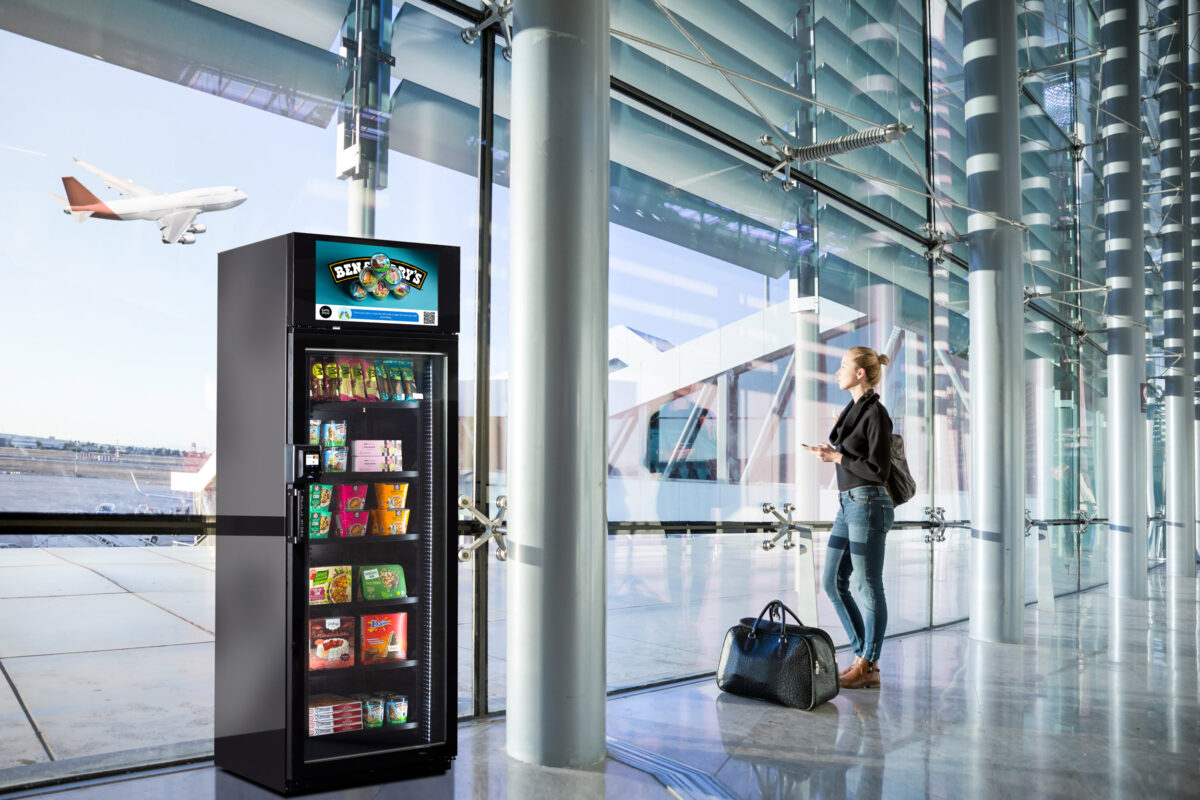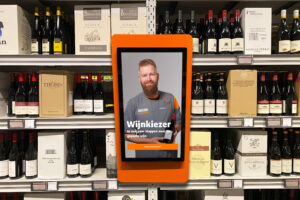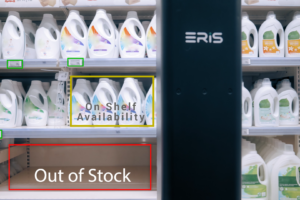Key elements of modern customer service
by Katja Laska (exclusively for EuroShop.mag)
Digitization is advancing and changing the world. Customer service is one of the key areas affected by this transformation.
Holger Friesz, Vice President Commercial at remote support software provider AnyDesk, told us about shifting consumer expectations and support services, and reveals the critical role manufacturers and service providers play in this process of change.
Holger, how has customer service changed – also due to the pandemic?
Holger Friesz: Regardless of the business, sector, or industry, I see three key changes:
- Access to customers is no longer the same. Regulations and policies, travel restrictions and advisories, remote work mandates – over the past few months, these factors have gravely affected mobility, which has subsequently changed our daily routines and processes. Customers no longer need in-person appointments as services can be delivered remotely in many cases.
- Expectations have radically changed in the digital age. They are rising as digital solutions have raised the bar for many customers: they anticipate logging in for instant one-click help.
- Many customers are self-driven and prefer to help themselves without taking external advice. There are clear generational differences between Baby Boomers, Generation X, and Generation Y. Digitization has received a substantial boost that has also driven self-service customer adoption. Here is an example: These days, you simply log in to change or update your credit card details with just a few clicks. In the past, you had to call a hotline service, which took up a lot of your time.

© Holger Friesz
What is the most important aspect retailers must consider in this setting?
It’s basically all about delivering a more convenient and simplified customer experience. Quite often, this doesn’t start with the retailer, but already comes down to their service providers. After all, if the latter do an excellent job, the retailer can focus all efforts on what is most important: the customer. This approach is called customer success management, which also ties in with our primary focus at AnyDesk: Maximizing the success of our clients – meaning the retailer – with our technology and services.
What role does artificial intelligence play in this success?
Many people have gotten burned by artificial intelligence (AI). Before you start adopting this technology, you need to consider where you want to implement it. AI chatbots are a great fit in customer service, for example. Since the range of services is limited, AI trains and learns quickly in this setting. Chatbots can handle repetitive customer queries, even in call centers. Here, automation is useful and practical, and helps ease the burden of employees. We are also observing an increase in AI usage in back-end-analytics. The technology helps track the so-called customer footprint a consumer leaves behind in the (online) store, allowing retailers to learn more about their target audience. It’s an aspect that ultimately also enhances customer service.

©AnyDesk
Digitization, online shopping, AI – but what about traditional brick-and-mortar stores and the direct-to-consumer presence? Is this type of in-store personal customer service becoming less important?
It’s a tough question to answer. I believe we will always have offline services, though they are only beneficial when it comes to certain amenities and products. Here is an example: Let’s say I want to purchase a new TV. I don’t have to visit a physical store for this, because there are many online tutorials and customer forums with product reviews and feedback from other users I can review at my leisure. This gives me a lot of information and details a local retailer might not have unless the retail associates have read up on the specific device just like I did.
Things are a little different when it comes to a home entertainment system. Besides the television, this setup includes a lighting control system with audio and a variety of smart IoT devices. I might feel overloaded by information on the Internet. Five forums deliver different opinions on the various components of the system. That’s a case where I want to consult an in-store expert: He or she puts together a custom system and helps me navigate the complexity of this purchase – since the separate components of the home theater system must work together. And that’s why I say yes to offline service when it comes to complex scenarios and no if the structure is simple.
So, the solution is to strike the perfect balance between the two?
Yes, I think so. Brick-and-mortar retailers must reimagine the ideal customer experience and decide where they want to leverage digital technologies to enhance it. They must consider questions like “Where is self-service the better option for my customers”? What services should I offer online and when is an in-store visit the better fit for the customer and me as a retailer?
Lastly, which (technology) trends play an important role in building long-term customer loyalty and delivering customer service?
The world is becoming increasingly connected, and retailers must embrace this trend. The Internet of Things (IoT) is one of the most important developments in this realm, which is why I encourage all manufacturers to build connected systems where the individual components can “communicate” with each other. Since the onset of the coronavirus pandemic, there has been a staggering increase in cybercrime, and I urge everyone to be aware of it. Cybersecurity is more important than ever and something customers expect. Retailers reap the benefits if they meet their customers’ expectations in this area and improve customer satisfaction in the process. Here is another important point: Technology should not complicate the world and the way we buy and sell. Its purpose is to help people. That is why retailers must always put themselves in the shoes of their target group and enable customers to achieve their desired outcomes. What services fit their unique needs? “Simplicity as a Service” should be a retailer’s motto. It is also our guiding principle at AnyDesk.






